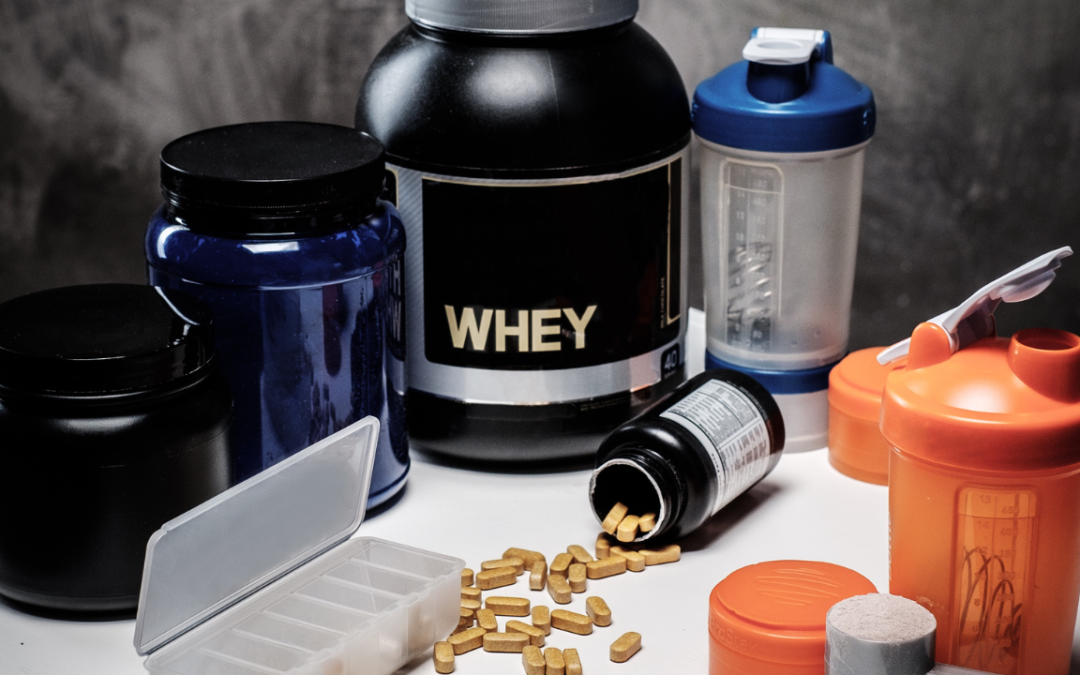Creatine is probably the supplement that gets the most amount of questions –
Learn more about what creatine is, the benefits of supplementation, and how it should be consumed.
Although we touched on the benefits of creatine in our article about commonly used supplements, it is probably the supplement that gets the most amount of questions. Learn more about what creatine is, the benefits of supplementation, and how it should be consumed.
What is Creatine?
Creatine is a molecule that is naturally occurring in your body that helps with energy production. It’s produced primarily in the liver and kidneys, and is stored in your muscles. You also consume creatine through your diet and can be found in meat and fish.
Benefits of Supplementation
Consuming a creatine supplement can increase your creatine levels by 20 to 40%, and has been found to increase your overall exercise performance. Supplementing with creatine is especially recommended for strength training, with studies showing that high intensity and repetitive exercise performance increasing by up to 20%. It can also help to increase muscle mass and strength adaptations during strength training.
How to Supplement with Creatine
You can take creatine by either starting with a loading phase or without one. Creatine loading is the process of ingesting 0.3g of creatine per kilogram of body weight per day, split into 4 to 5 intakes daily for a week. And then after the loading phase is over you can take 3 to 5 grams of creatine per day indefinitely to maintain the creatine levels afterwards.
The loading phase allows you to saturate your body’s creatine levels a lot quicker than without, but some people choose to start without the loading phase to ease themselves into it and saturate their muscles’ creatine stores over the course of 3 to 4 weeks. Without a loading phase, you can just start to take 5 grams per day and maintain it on a daily basis.
It is often said that the best time to take creatine is post-workout, although before a workout also shows similar but slightly lesser benefits. Also keep in mind that many preworkout supplements have creatine in them, so make sure to gauge how much you should take in a day.
You should also try and take your creatine supplement with a carb or a carb and protein, since studies show that it can increase your muscular uptake of creatine. If you aren’t able to take the supplement with a meal, especially with the separate doses during the loading phase, make sure to take it with a tall glass of water.
Types of Creatine
There are several types of creatine, but the most well-researched, cheapest, and highly effective type is creatine monohydrate. Within creatine monohydrate there is creatine anhydrous, which is creatine monohydrate with the water molecule removed (such as in creatine tablets), and micronized creatine monohydrate which is a more water-soluble form.
Should Women Take Creatine?
This is a question that gets asked very often; and the answer is yes! Women generally have 70 to 80% lower endogenous creatine stores than men, and also tend to consume less dietary creatine as well. There are metabolic, neurological, and hormonal benefits to creatine supplementation for women and can also overall support the growth of muscle mass in your weightlifting journey.





